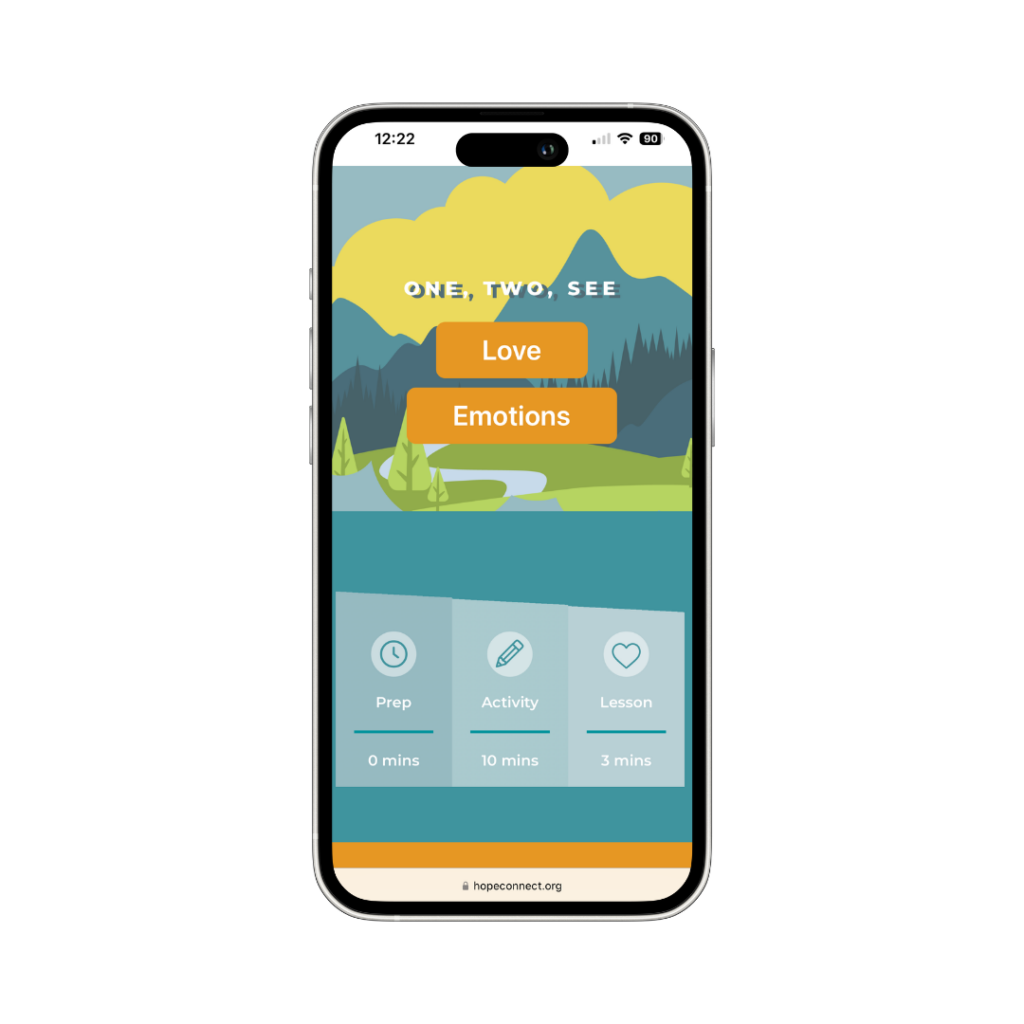You just got home from a busy day at work, and it’s time to sit down with your family and enjoy a nice meal together.
You’re curious about your child’s day, but no matter how hard you try to get the conversation flowing, you’re met with one-word answers — or worse — a simple head nod or shoulder shrug.
Sometimes, getting our children to open up about their thoughts, emotions and experiences can feel impossible. But asking the right type of question can help!
If you’re looking for easy dinner conversation starters for kids, we’re here to help. The goal isn’t to force deep conversation, but to create a rhythm of intentional presence—where mealtimes feel less about performance and more about belonging. When parents consistently show interest in their child’s thoughts and feelings, even in small ways, it sends the message: You matter here. Your voice is welcome.
Tuning Into Your Child’s Cues
Children, like adults, experience a wide range of emotions and stressors throughout the day. Before you start deciding which questions to ask at dinner, notice the cues you are receiving from your kids.
- Do your children respond to your attempts at conversation with short responses?
- Are they nonverbal or give a quick “uh-huh” or “nothing” as a response?
- Do they seem irritable when you ask them about certain topics?
- Do they seem energized and excited or sad and checked out?
All of these are important indicators as to how your children might be feeling — and they’re worth noting. While a quick shoulder shrug might seem like a rude response to you, it could be the result of your child feeling overstimulated or exhausted after a busy day of school and extracurriculars.
So what do you do if your child isn’t in the mood to talk? It’s important to honor their emotional state. If a child seems withdrawn, irritable, or tired, avoid pushing for conversation. Instead, try offering quiet companionship—sitting together without pressure to speak, perhaps sharing a moment of humor, or simply saying, “It’s okay if you don’t feel like talking—I’m just glad we’re together.” This still communicates care, respect, and emotional safety, which are the foundations of lasting connection.
The Power of Open-Ended Questions
If you’re looking to spark fresh conversation with your family at mealtime, the best way to get more engaging responses from your children is to ask open-ended questions.
An open-ended question is a question that has multiple types of answers. In other words, these types of questions require your child to give more than a simple “yes” or “no” response.
Consider this popular mealtime question: Did you have a good day at school? To completely answer your question, your child only needs to give a one-word response: yes or no.
Rather than ask a question that can be satisfied with a simple response, try and ask your children questions that require detailed answers. That way, they are prompted to share more, and you can ask thoughtful follow-up questions in response.
Here are some open-ended questions to ask kids at dinner so you can get the conversation flowing:
- What was the funniest thing that happened at school today?
- What was one thing that happened today that made you smile?
- What are you most looking forward to doing at school tomorrow?
- What’s your best friend like?
- How can we pray for you today?
By using open-ended questions as dinner conversation starters for kids, you can create space for your children to share more than they normally would. And as the conversation flows, always be on the lookout for ways to bring Jesus into the dialogue.
KEY TAKEAWAY
Using open-ended questions is a powerful way to spark conversation with your child. By asking questions that require a detailed response, you create an easy and natural opportunity for your child to share more about their life.
“Let your conversation be gracious and attractive so that you will have the right response for everyone.” ~Colossians 4:6 (NLT)
APPLICATION
If your child struggles with managing their emotions, use your next meal as an opportunity to connect with your child. Play Stuffed!, a no-prep game that teaches children how keeping our emotions bottled inside of us can make us feel like we’re going to burst — just like having a full belly after dinner.
Find this game and more now in the Everyday Moments™ activities collection!





